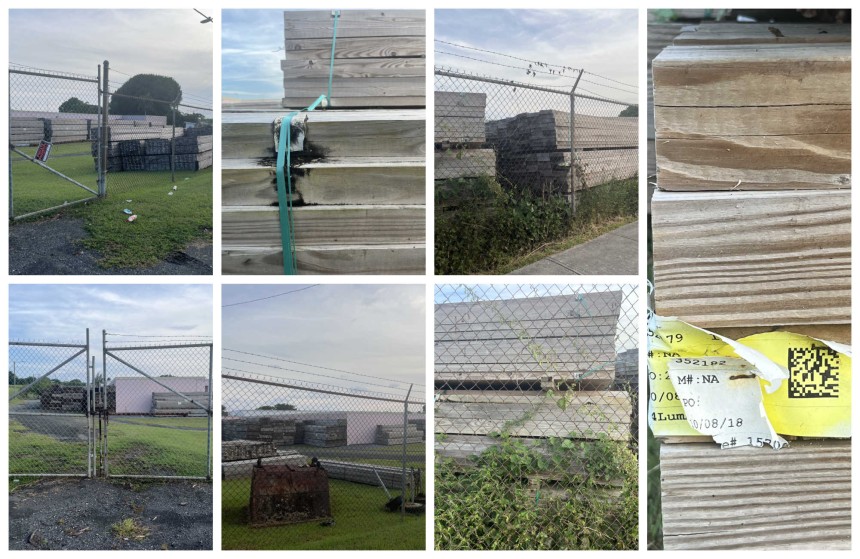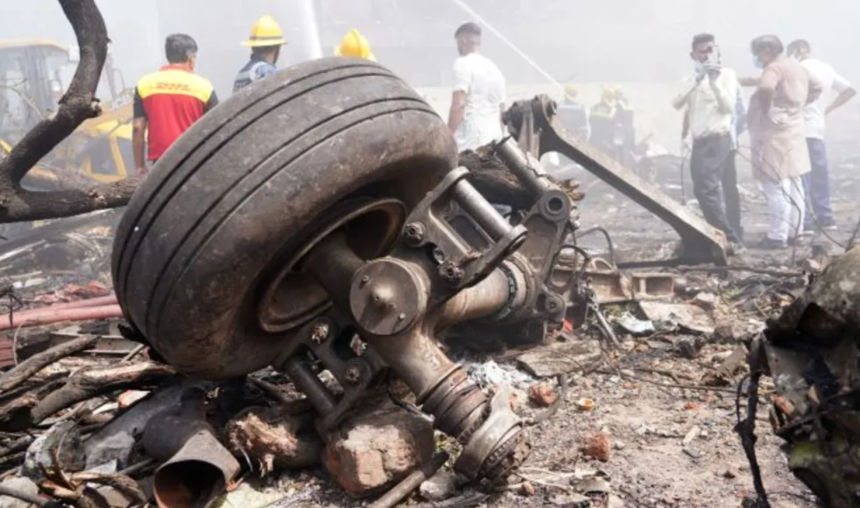
Wood Rotting, Hope Fading: Seven Years of Unmet Promises from EnVision Tomorrow
Following the federal indictment alleging that Charlemagne, his wife, and Richardson profited from storing disaster relief wood while the gov't failed to use it for repairs, we spoke to the residents who have been most affected
After Hurricanes Irma and Maria lifted St. Croix resident Earla Carol McKnight’s roof, seeping inches of water into her home, she “thanked god that it didn’t come off” and took in neighbors whose roofs did. Now, seven years later, she says some of those neighbors have moved to the mainland after waiting for government-assisted repairs to their homes that never came. Ms. McKnight, however, continues to wait— living in a home where the lifted roof has raised her tiles, creating mold and dust that have made her ill, and the windows remain boarded up year-round because if another hurricane comes they’ll “blow out.”
But personally repairing these damages would disqualify Ms. McKnight from EnVision Tomorrow, a Virgin Islands Housing Finance Authority rebuilding program—financed with federal disaster relief funds—which she applied for in 2018. Living with the years-old damages and their effects is just one of the many inconveniences residents say they have faced with the program. Over its nearly six years, only 30 homes damaged by the 2017 hurricanes have been repaired. To date, 580 homes in the program have yet to be repaired. According to a recent federal indictment, while residents waited years for vital reconstruction, David Charlemagne, his wife, and former VIHFA Chief Operating Officer Darin Richardson allegedly profited by storing and managing disaster relief lumber intended for the reconstruction program, rather than using it for repairs.





